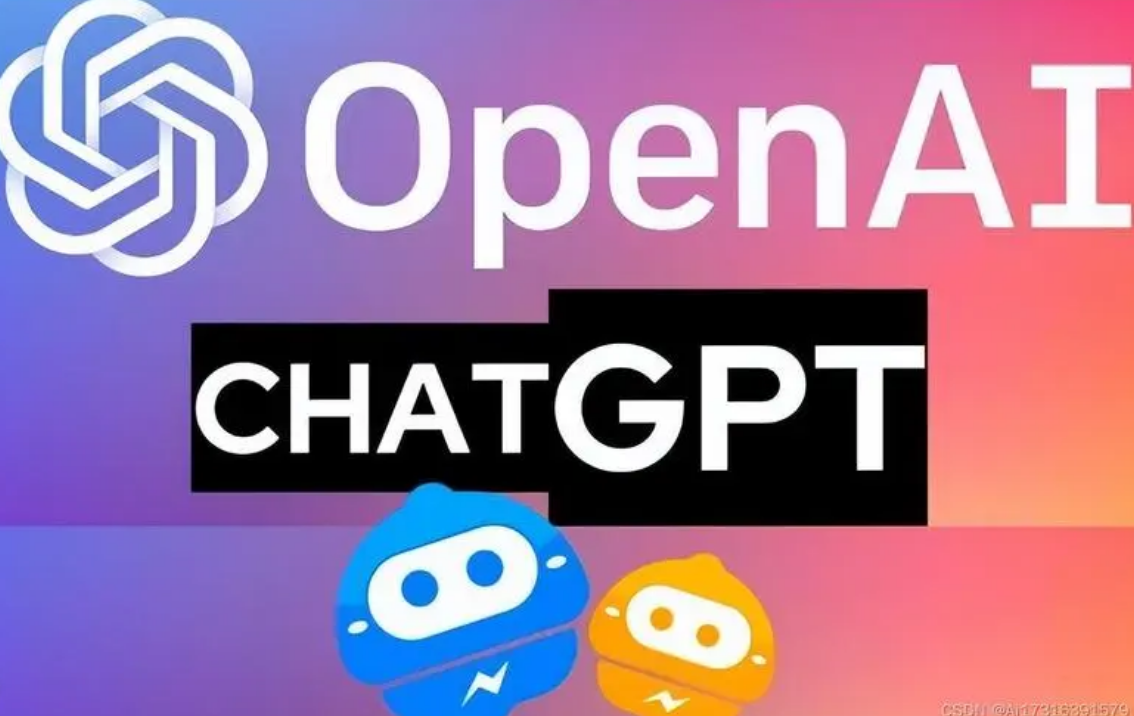The integration of artificial intelligence into the adult entertainment sector is progressing swiftly, raising numerous authoritative issues and considerations. This impact revolves around issues including proprietary rights, privacy matters, and the emergence of deepfakes, all of which carry sizable legal implications.
Ownership of Intellectual Property and Generated Material
AI's potential to craft content autonomously introduces intricate inquiries regarding proprietary rights. To whom does the material forged by an AI belong? Typically, copyright legislation safeguards human creators, yet applying this becomes obscure when AI is involved. For example, if an AI system forms a video based on user inputs and preferences, determining the rightful proprietor—whether it be the AI developer, the user, or the platform—necessitates legal clarification. Currently, most jurisdictions lack explicit rules addressing AI-generated substance, leading to probable disputes and a call for novel regulatory frameworks.
Privacy and Data Security
Privacy is another critical legal facet impacted by AI in the adult sector. AI technologies regularly require substantial amounts of information to train and function competently. This data can include detailed user proclivities and interaction histories, which pose sizable privacy risks if mishandled. In regions such as the European Union, strict regulations under the General Data Protection Regulation (GDPR) mandate that all personal specifics collected must be handled with the highest levels of security and transparency. Non-compliance can lead to hefty penalties and legal actions, compelling companies to ensure robust data protection measures are in place.
The Ethical and Legal Quagmire of Deepfakes
Perhaps the most alarming legal concern is the proliferation of deepfake technology in pornography. Deepfakes can superimpose people's faces onto the bodies of porn actors without consent, resulting in severe personal and professional repercussions for those depicted. Legal systems worldwide are scrambling to address this issue, with some countries like the United States enacting legislation to criminalize the non-consensual distribution of digitally altered explicit images. However, enforcement remains difficult to implement, and legal actions are often reactive rather than preventative.

Combating Illegal Content and Facilitation
AI also raises complex legal issues concerning the enabling and identification of illegal material, such as child pornography or non-consensual videos. While AI tools can be utilized to generate such content, they are also critical in combating it. Increasingly, sophisticated AI algorithms are used to rapidly scan and recognize illegal content, assisting law enforcement and platform moderators. Nevertheless, the legal responsibility of platforms to monitor and remove such material remains a controversial topic, with ongoing debates around the extent of their liability.
Future Legal Frameworks and Industry Adherence
Looking ahead, it is clear that comprehensive legal frameworks need to be developed to address the unique challenges posed by AI in the adult entertainment industry. Stakeholders, including lawmakers, industry leaders, and technologists, must collaborate to ensure that progress does not outpace regulation. Creating standardized rules that protect individuals and encourage ethical AI use is crucial for the sustainable growth of AI in this sector.
AI and User Interactions: A Cautious Legal Perspective
As AI continues to redefine user interactions in the adult entertainment industry, platforms like porn ai chat applications demonstrate potential for personalized and engaging experiences. Yet, these advancements also necessitate prudent legal consideration to safeguard user privacy and ensure interactions remain appropriate and respectful.
In Conclusion, the legal landscape pertaining to AI within the adult entertainment sector remains intricate and persistently changing. As algorithms progress and spread far and wide, both benefits and difficulties arise necessitating prudent legal examination and proactive lawmaking. Significant courtroom disputes and policy shifts will likely ensue as we work to reconcile progress with accountability in this stimulating yet defining domain. The days ahead may well bring lengthy litigation and new regulations given the nuanced technical complexities posed alongside societal implications engendered as human and artificial actors intersect within the industry.